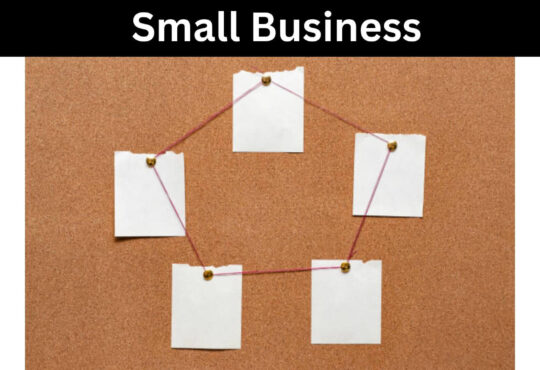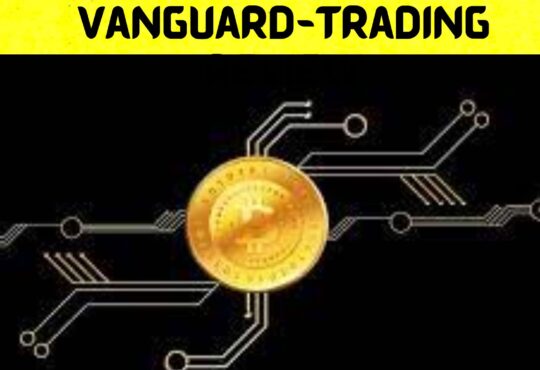
Anyone who has worked in the construction industry knows that a successful project depends on a skilled project manager. This person must have a solid understanding of construction operations from design to construction and completion.
They must also have strong leadership skills and be able to effectively lead a team of employees, ensuring that projects are completed on time and within budget.
An important task of the construction manager is to manage the project budget.
In addition, project managers must be good at communicating with clients, keeping them informed about project progress, and answering any concerns or questions that may arise along the way. In general, if you want to succeed in the construction industry, you need to have all the skills necessary to be a good project manager.
Project success requires hard work and dedication, from communicating with subcontractors to managing quality control processes. But the bottom line is still clear, as professional construction works help create sustainable buildings that meet all industry standards and optimize efficiency and reduce waste.
So, if you want to pursue this exciting career, make sure you develop your skills as a project manager to succeed throughout your career.
1..Personal communication
Personal communication is an essential part of a successful construction project. This process helps to communicate with stakeholders in real-time and effectively manage project costs. You need to organize and communicate regularly to keep your project running smoothly.
Use a project management tool like Smartsheet to ensure your team can track data in real-time. It can be the single source of truth and enables quick decisions. They need to know how to use construction management like Jonas Premier.
Good communication promotes group awareness and creates multiple perspectives. In addition, it promotes an open environment for information flow through administration.
2.Progress monitoring
One of the most important skills for a construction manager is tracking progress. If the project manager does not monitor the progress of the project, it can cause the project to fall behind. Therefore, it is important to regularly hold meetings and report on the progress of the project.
The first step in performance evaluation is to decide what should be prioritized.
Important dates and goals should be very important. These dates are also non-transferable and must be communicated to all parties involved. Once you identify these critical days, you can set a review schedule and change the schedule.
3.Use existing knowledge
Using existing construction data can help construction managers make better decisions. Instead of relying on inaccurate past data, they can look to future events and trends. This will help them build a smart business and improve their skills.
This information also helps construction managers understand the value of a project before leasing it. This helps them complete the work on time and on budget.
One of the most important aspects of a construction project manager is the ability to communicate and negotiate with senior members of the project team. This collaboration allows project managers to exchange ideas and experiences around the project.
This communication is important throughout the project and very important at the end of the project.
4.Build flexibility into your schedule to avoid unexpected setbacks
The key to successful construction is to maximize flexibility in your work schedule and eliminate potential bottlenecks. You need to create buffers for unexpected setbacks so you can adjust the schedule to meet project goals and avoid unexpected delays. If you don’t have enough drivers, your project will slow down.











